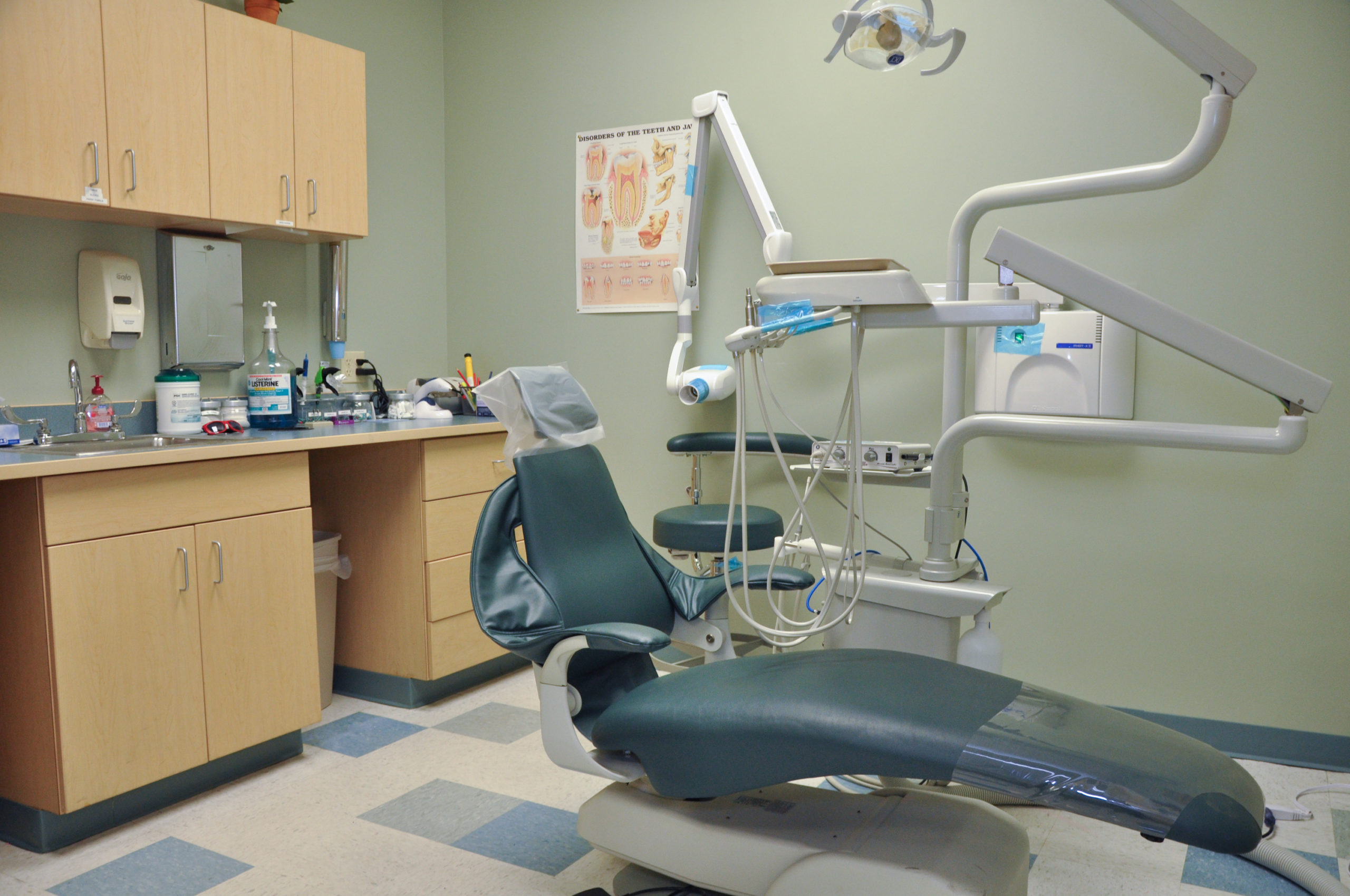A Guide to Usual Oral Problems That Need a Dental practitioner's Treatment
Toothaches, for example, can be symptomatic of extreme concerns such as cavities, cracked teeth, or abscesses, each calling for particular treatments like fillings or origin canals. Influenced knowledge teeth and jaw conditions can present significant pain and problems.
Toothaches
Toothaches are an usual oral condition that can range from moderate discomfort to severe pain, commonly showing a hidden concern that requires professional interest. This pain can come from a selection of resources, consisting of oral tooth cavities, cracked or fractured teeth, and oral abscesses. Each of these conditions postures significant risks if left untreated, potentially bring about more severe issues.
Tooth decays, also recognized as cavities, are triggered by the accumulation of plaque that deteriorates tooth enamel, resulting in openings or pits in the affected teeth. Cracked or fractured teeth, on the other hand, might arise from injury, grinding, or biting into difficult things. These structural damages can subject the delicate internal layers of the tooth, triggering sharp discomfort and enhancing the danger of infection. Abscesses hurt infections at the origin of a tooth or in between a tooth and the gum, typically resulting from serious decay or neglected tooth cavities.
Efficient therapy of toothaches entails addressing the origin cause. This might consist of dental fillings for cavities, crowns for cracked teeth, or origin canals and anti-biotics for abscesses. Early intervention by an oral professional can prevent more deterioration and minimize discomfort, ensuring optimal oral health and wellness.
Periodontal Condition

The key root cause of periodontal illness is microbial plaque, a sticky, colorless film that regularly bases on teeth. Poor oral hygiene, smoking, genetic proneness, and particular clinical conditions, such as diabetes mellitus, can aggravate the risk of establishing gum tissue illness. Normal dental examinations are important for very early discovery and management of this problem.
Therapy for gum tissue illness varies from professional dental cleansing and scaling to more advanced treatments like root planing and periodontal surgical procedure, relying on the intensity. Maintaining excellent oral hygiene techniques, including brushing two times daily, flossing, and making use of an antibacterial mouthwash, can substantially reduce the risk of periodontal illness and advertise much healthier gums.
Tooth Cavities
Cavities, likewise referred to as tooth decays, are a common dental problem defined by the devastation of tooth enamel because of acid-producing bacteria in the mouth. These germs thrive on sugars and starches from food and drinks, generating acids that gradually erode the enamel, causing tooth cavity development.
Early-stage dental caries may not reveal signs, however as they proceed, they can trigger tooth pain, level of sensitivity to warm or cool, noticeable openings or pits in the teeth, and discoloration. If left unattended, cavities can permeate much deeper layers of the tooth, possibly causing serious pain, infection, and also missing teeth.
Avoiding dental caries entails a combination of good oral hygiene methods and dietary routines. Normal cleaning with fluoride tooth paste, flossing, and routine dental examinations are critical. Dentists might additionally advise additional safety nets, such as fluoride treatments and oral sealers, to shield teeth from degeneration.
Small cavities can be resolved with oral fillings, which recover the tooth's structure. Much more sophisticated situations might call for crowns or also root canal therapy if the decay has actually gotten to the tooth's pulp.
Impacted Knowledge Teeth
Affected knowledge teeth are a prevalent dental concern that takes place when the 3rd molars, typically described as wisdom teeth, fail to completely arise or align effectively within the mouth. This problem commonly results from inadequate room in the jaw or an irregular development angle of the teeth. Affected wisdom teeth can lead to a range of complications, including discomfort, damages, and infection to surrounding teeth.
When wisdom teeth become impacted, they are commonly partly erupted or stay totally under the gum line. This partial eruption can produce a path for germs to enter the periodontals, bring about infections that show up as swelling, discomfort, and even fever (eugene dentist). Additionally, impacted knowledge teeth can exert pressure on bordering teeth, possibly creating crowding or shifting
An extensive dental evaluation, normally entailing X-rays, is necessary for detecting influenced knowledge teeth. Therapy commonly includes surgical extraction, carried out by an oral surgeon. The treatment intends to relieve pain and protect against more issues, such as cysts or damages to surrounding bone frameworks. Post-operative treatment is vital to ensure appropriate healing and decrease the danger of infection. Normal oral examinations are advisable to check the condition and preserve dental health.
Jaw Disorders
Final Thought

Dental dental caries, also recognized as caries, are triggered by the build-up of plaque that deteriorates tooth enamel, leading to openings or pits you can check here in the affected teeth. Abscesses are agonizing infections at the root of a tooth or in between the gum and a tooth, generally resulting from extreme decay or unattended dental caries.
Affected wisdom teeth are a widespread oral problem that happens when the third molars, commonly referred to as knowledge teeth, stop working to fully arise or align correctly within the mouth. Influenced wisdom teeth can lead to a selection of complications, consisting of pain, damage, and infection to nearby teeth.
Furthermore, impacted knowledge teeth can put in stress on bordering teeth, possibly causing crowding or moving.